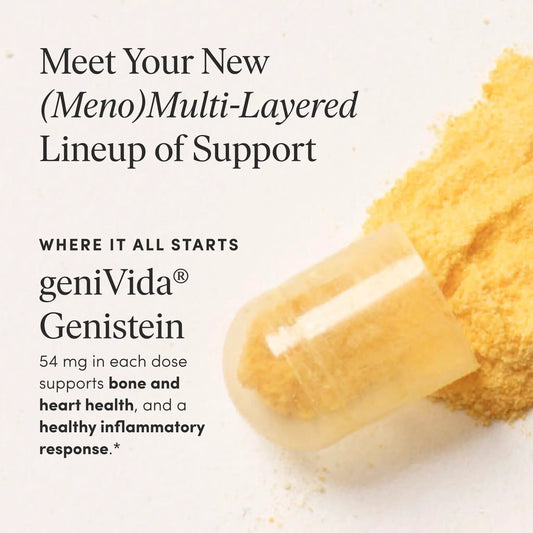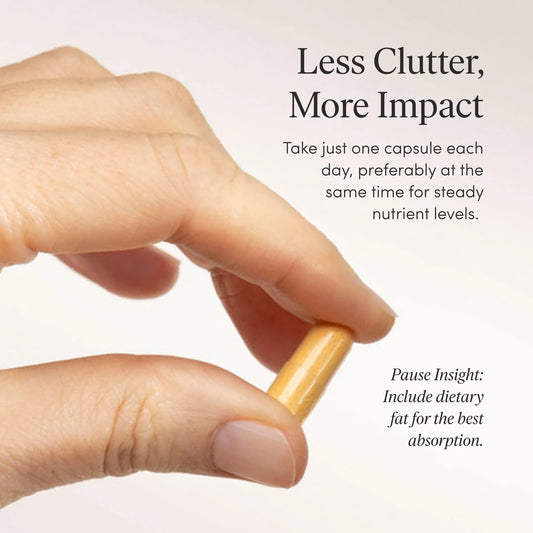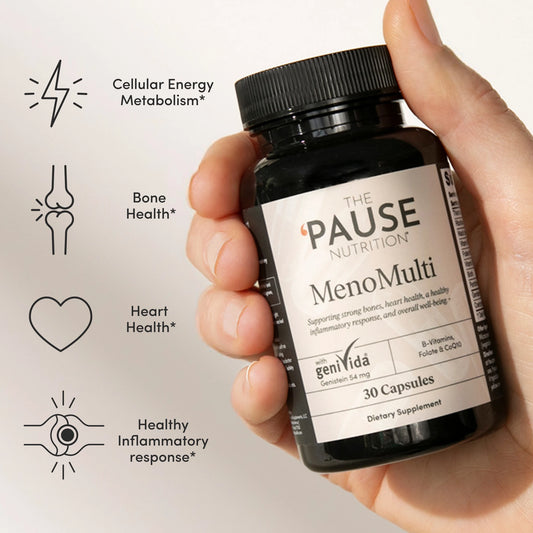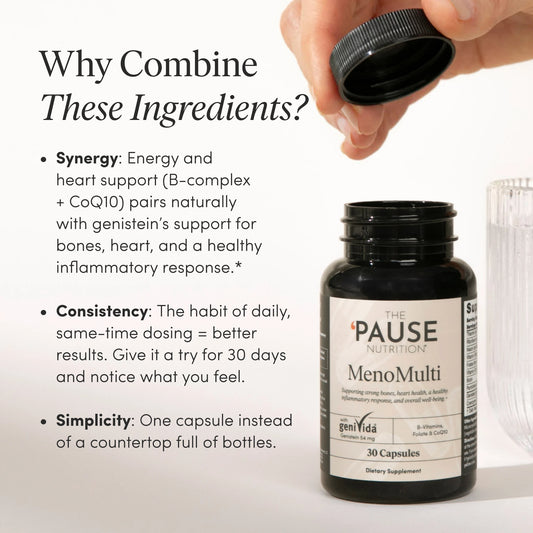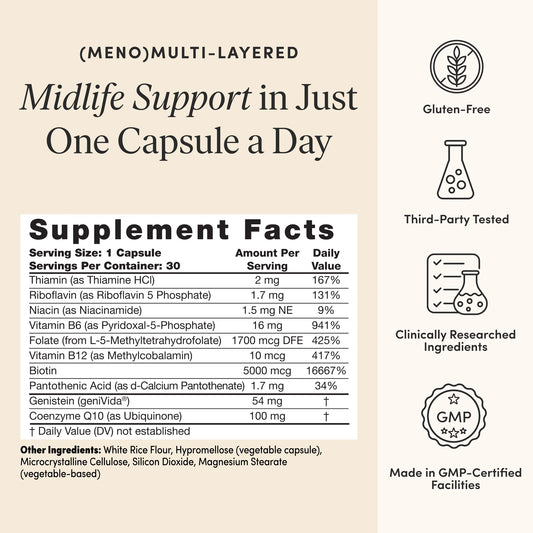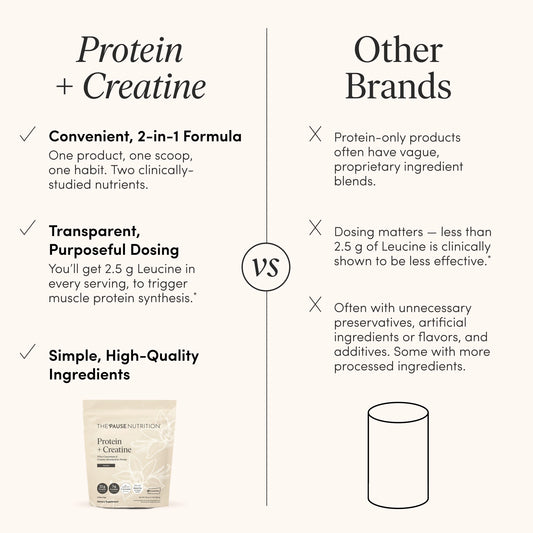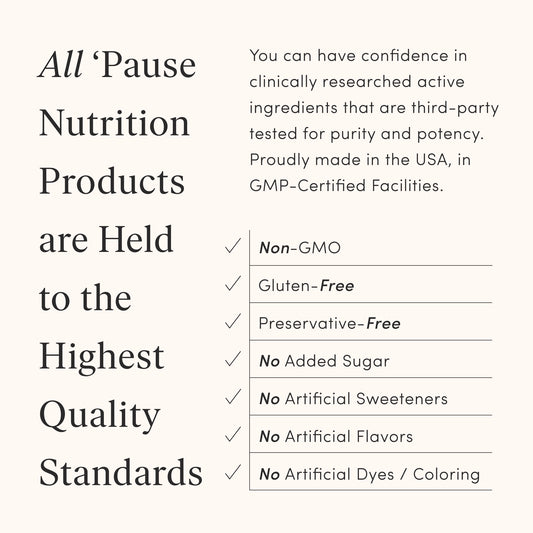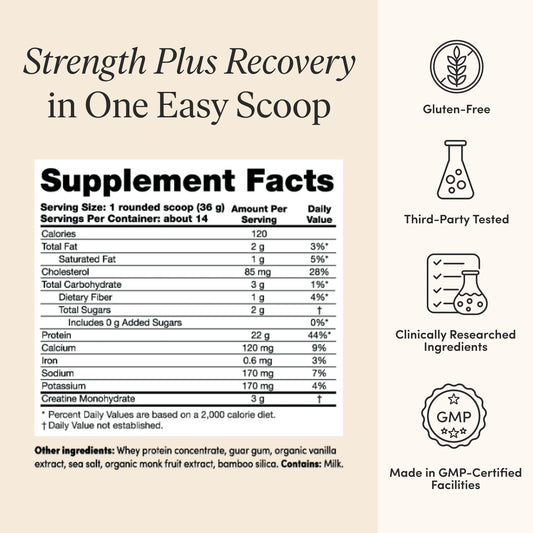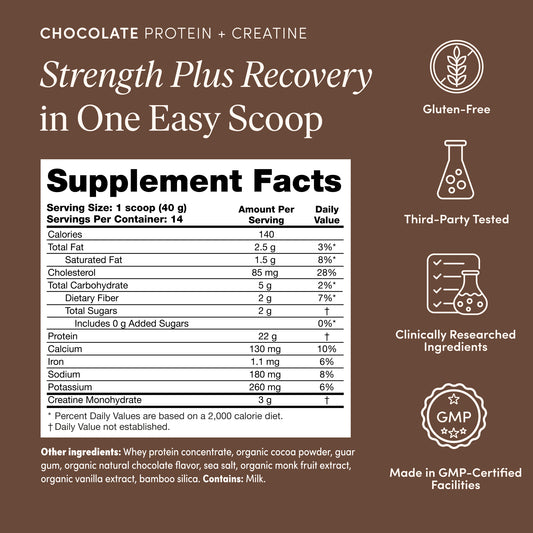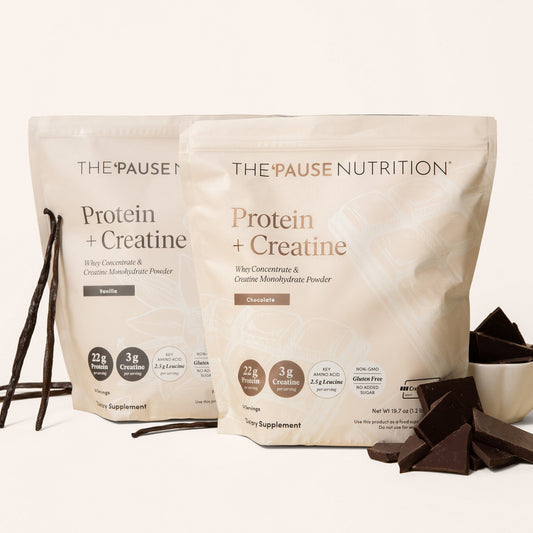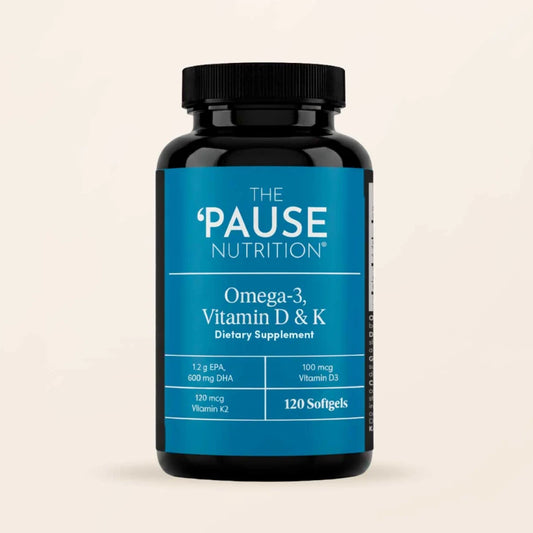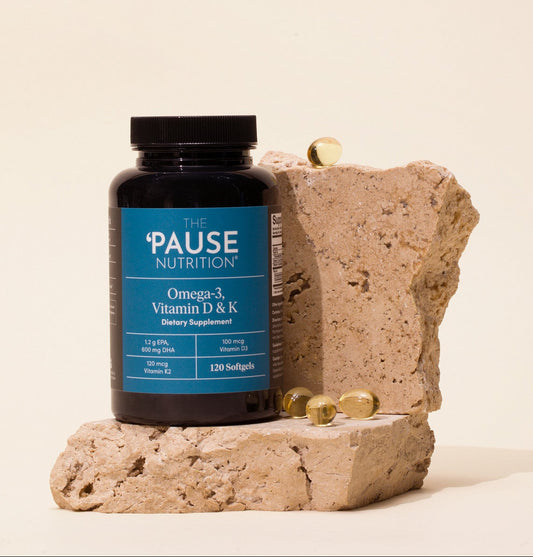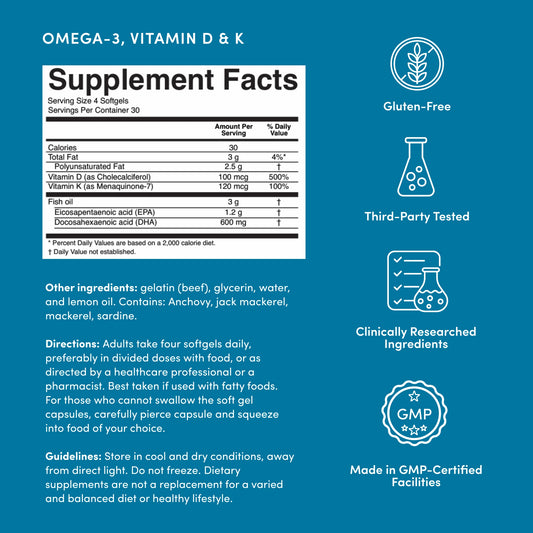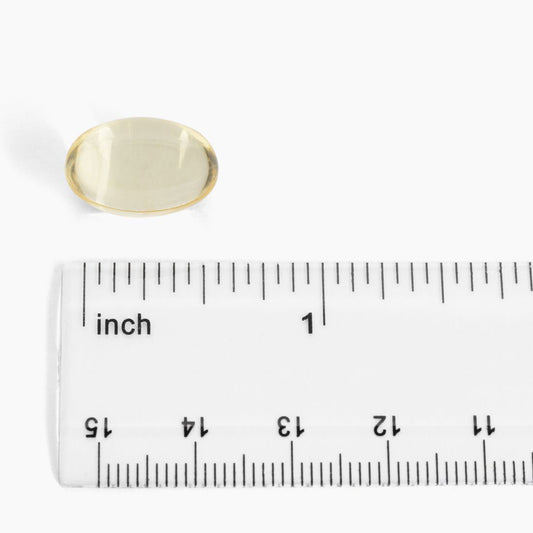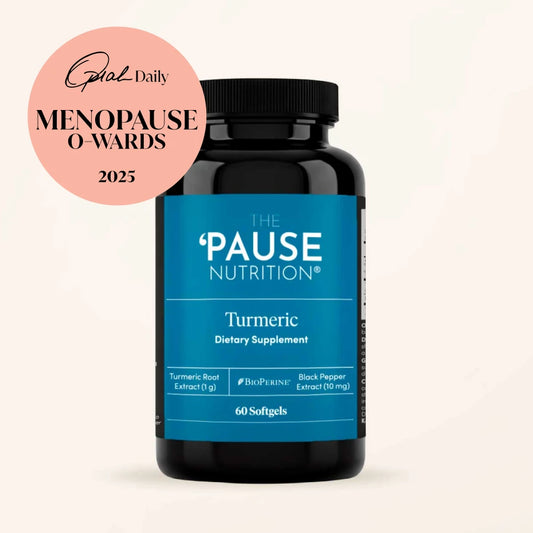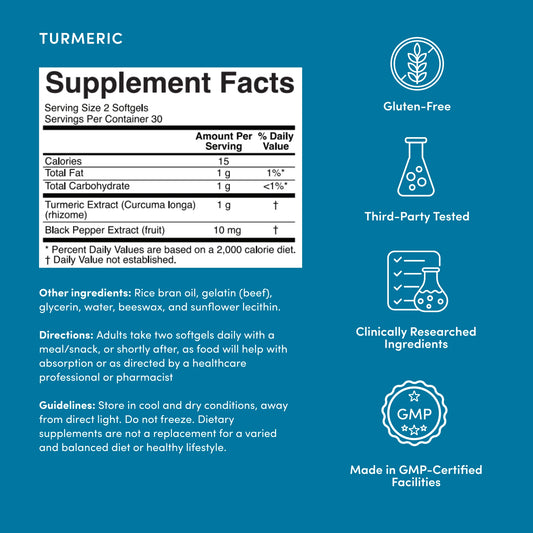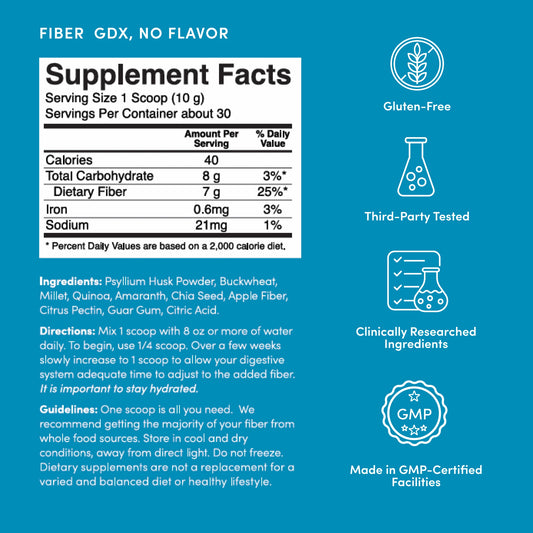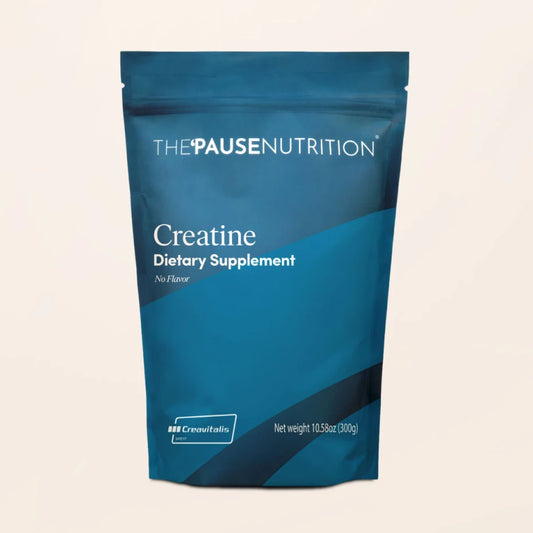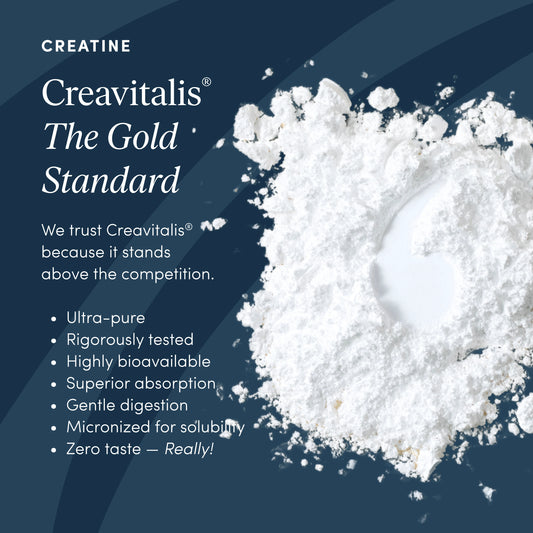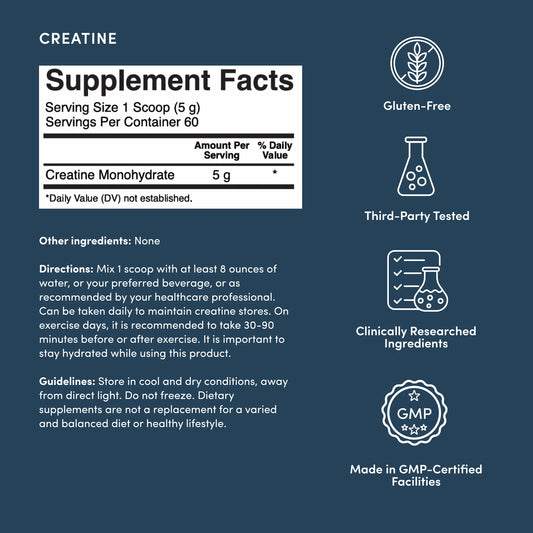The Menopause Society (TMS) Updates Guidance On Hormone Therapy

Share
The Menopause Society's New Hormone Therapy Guidance: The Benefits Outweigh The Risks For Many Women
For the first time since 2017, the The Menopause Society (TMS) has updated its position statement on hormone therapy.
The updated guidance has been reviewed and endorsed by more than 20 medical organizations around the world, including the American Association of Clinical Endocrinology, the American Medical Women’s Association, and the American Society for Reproductive Medicine.
Who Is The Menopause Society?
The Menopause Society is the leading nonprofit organization dedicated to helping women thrive during midlife and beyond. Founded in 1989, the organization sets evidence-based professional standards and offers training. To earn the The Menopause Society Certified Practitioner (MSCP) credential, clinicians must pass a rigorous competency exam, and renew their certification every three years.
How Was The Research Conducted?
TMS created an advisory panel of clinicians and researchers who are experts in women’s health and menopause. The panel reviewed the previous TMS position statement from 2017, evaluated new research since 2017, and came to a consensus.
“The 2022 the Menopause Society position statement is a great place to start a conversation with your own physician. If you are suffering from menopause symptoms, and especially if they are interfering with your daily life, it’s time to get some help.”
– Dr. Mary Claire Haver
What Does The New Research Say?
Each woman is unique, so you may be wondering what this means for you. What does this new information tell us about the balance between risk and benefit for different hormone therapy options?
You can read the 28-page document here1 but Dr. Mary Claire Haver has simplified it for you. Here are the highlights:
Benefits Of Hormone Therapy
- For healthy women who are younger than 60, and within 10 years of menopause onset, and who do not have contraindications, the benefits of treating menopause symptoms with hormone therapy outweigh the risks.
- “Hormone therapy remains the most effective treatment for vasomotor symptoms (VMS)” including hot flashes and night sweats.”
- Hormone therapy is an effective treatment for hot flashes and night sweats. For women whose daily lives are disrupted by these menopause symptoms, hormone therapy can improve sleep quality, fatigue, mood, and quality of life.
- Hormone therapy can reduce the risk of broken bones and osteoporosis.
- For women experiencing the genitourinary syndrome of menopause, low dose topical vaginal estrogen and oral medications such as ospemifene can offer relief from dryness and thinning tissue.
What Can Hormone Therapy Treat?
The FDA has approved hormone therapy to treat four main menopause symptoms:
- Moderate to severe vasomotor symptoms including hot flashes, night sweats and heart palpitations.
- Preventing osteoporosis in postmenopausal women.
- Replacing estrogen in women who go through early menopause due to having their ovaries removed or those with primary ovarian insufficiency.
- Resolving symptoms of vulvovaginal atrophy and painful sex that can happen after estrogen levels decline. The preferred treatment is topical vaginal estrogen to help restore vaginal tissue.
Symptoms That Can Benefit From Hormone Therapy
Although hormone replacement therapy is FDA approved for four main symptoms, The Menopause Society notes studies demonstrating how it can help ease a range of menopausal symptoms. Here’s a detailed breakdown on how hormone therapy can resolve several symptoms:
Vasomotor symptoms: These symptoms can last an average of 7.4 years and are associated with cardiovascular, bone health and cognitive risks, according to the Study of Women’s Health Across the Nation2. Hormone therapy can reduce the intensity of hot flashes and also cut the number of hot flashes by 70 percent. A combination of estrogen with progesterone appears to be most effective.
Sleep disturbances: This is a common symptom for many perimenopause and menopausal women. Chronic insomnia is associated with increased risk of cardiovascular disease, mood and memory problems. Numerous studies demonstrate that low dose estrogen and progesterone can help resolve insomnia in menopausal women.
Genitourinary symptoms: These symptoms can include changes in the vagina, vulva, urethra and bladder due to the loss of estrogen. They can include painful sex and dryness to recurrent urinary tract infections and bladder leaks to feeling like you have to pee constantly. For all of these symptoms, low dose topical estrogen delivered vaginally via cream, vaginal ring, gel or inserts, are the most effective option.
Early menopause: Women who experience early menopause (before age 40) due to hysterectomy or other reasons have a special set of concerns. They are at higher risk for cardiovascular disease, diabetes, and bone loss. The Menopause Society recommends preserving ovaries wherever possible in premenopausal women with average cancer risk. Unless there are contraindications, hormone therapy is recommended until at least the average age of menopause, which is 52.
Skin and special senses: Estrogen therapy has a range of benefits for your skin: it increases collagen, skin elasticity and skin thickness, lowers the appearance of wrinkles, and decreases inflammation. In small studies, hormone therapy reduced vertigo. Hormone therapy can also help lower intraocular eye pressure3 in postmenopausal women. For Black women in particular on estrogen-only therapy, it can lower the risk of open-angle glaucoma4.
Risks Of Hormone Therapy
The risks of hormone therapy vary depending on which type is used, the dosage, how long hormones are taken, how they are administered, and the age when hormone therapy begins. In general:
- Women who begin hormone therapy after age 60, or who begin hormone therapy more than 10 years after menopause onset, face greater risks including stroke and venous thromboembolism, only in oral formulations.
Hormone Therapy And Cancer
- For women with a uterus who take estrogen combined with a synthetic progestin:
- there is no increased risk of uterine cancer
- the risk of breast cancer may slightly increase if hormones are taken for more than 4 years.
- For women without a uterus who take estrogen alone:
- there is no increased risk of breast cancer for the first 7 years, but risk may increase slightly if used for longer.
- For women with a family history of breast cancer:
- Hormone therapy does not further increase the risk of breast cancer.
- Hormone therapy does not further increase the risk of breast cancer.
What are the Available Menopause Medications?
The range of treatments includes FDA-approved bioidentical estrogen and progesterone that your body recognizes the same way as the hormones it once made, synthetic hormones, and those derived from animals such as conjugated equine estrogen. Micronized progesterone is typically delivered via an oral pill, while estradiol/estrogen is available in pills, vaginal rings and transdermally via sprays, gels and patches.
For women who have a uterus, estrogen and progesterone are prescribed together to protect the uterine lining from developing cancer.
Due to a lack of studies, The Menopause Society’s position is that compounded hormonal treatments could represent a safety hazard because they are unregulated and often delivered in untested forms such as pellets or troches.
How Do I Find The Best Menopause Physician?
Discussion of any risk associated from using hormone replacement therapy is very nuanced. The Menopause Society recommends seeking out a menopause-trained clinician who is a Menopause Society Certified Practitioner. You can also refer to The ‘Pause Life website for an unbiased list of recommended clinicians provided by outside sources based on their own positive experience. Keep in mind, the best clinician is someone who listens to your concerns, answers questions and helps you find the best science-backed solutions for you.
What If You Can't Use Systemic Hormone Therapy?
If you’re not a candidate for hormone therapy, then low dose vaginal estrogen can be an effective way to manage the genitourinary symptoms of menopause including dryness, itching, painful sex and thinning tissue that can lead to bladder leaks.
Even if you’re over age 60, it’s never too late to have a discussion with your clinician about the risk and rewards of hormone therapy.
Hormone replacement therapy is very helpful for many women, but it may not be right for everyone. It is important for each woman to speak with her physician to review the risks and benefits, and then decide if this is the right path. The new guidance from TMS provides a great opportunity to explore the details with your own physician.
Sources:














